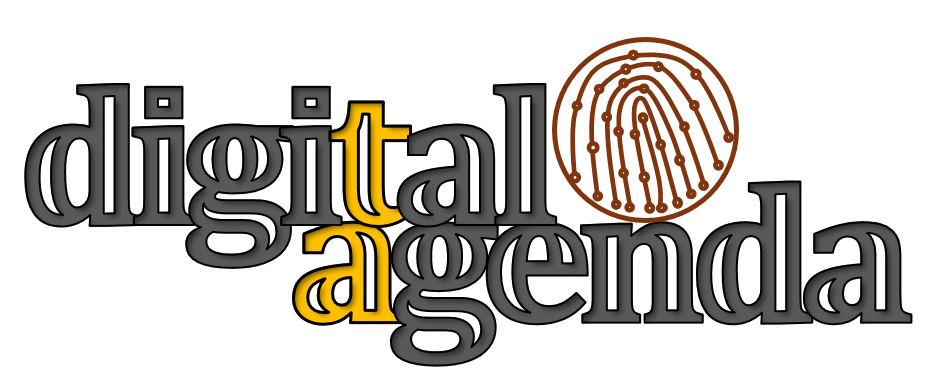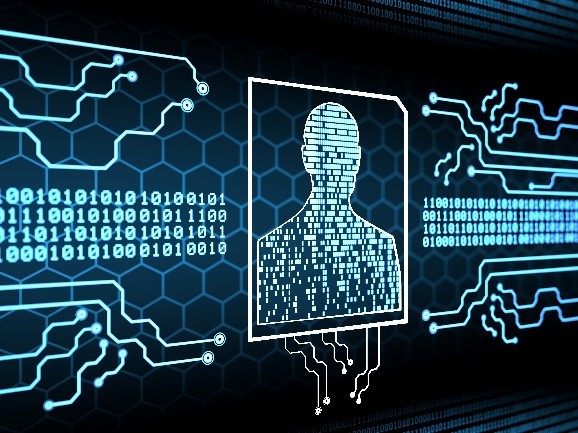The rapid advancement of digital technology is transforming healthcare at an unprecedented rate. One of the most significant developments on the horizon is the integration of chips and health passes directly into Digital IDs, creating a seamless system that tracks and manages every aspect of a person’s health. This transformation promises a future where remote diagnosis, surgery, and the design of personalized health plans are all governed by the digital data embedded in our identities. While the convenience of such a system cannot be denied, this emerging direction raises serious concerns about privacy, control, and the ethical use of sensitive health data.
Health Data Embedded in Digital IDs: An Overview
Imagine a world where your digital identity isn’t just a means of identification but a complete record of your health history, genetic information, and lifestyle patterns. By embedding chips into identification cards or directly into the body, and attaching health passes to your Digital ID, your health data would be continuously updated and accessible in real-time. This would allow for remote diagnosis, real-time health monitoring, and even the ability to perform remote surgeries, where doctors could access your entire health profile from anywhere in the world.
From a medical standpoint, this system promises immense convenience. Imagine an emergency situation where a doctor could instantly access your medical history—your allergies, previous surgeries, genetic predispositions, and current medications—without needing to rely on incomplete or outdated records. Similarly, the ability to remotely monitor your health would make chronic disease management more proactive, allowing healthcare providers to intervene before issues become critical.
The Promise of Personalized Healthcare: Diet, Lifestyle, and Genetic Insights
The integration of genetic data into Digital IDs could lead to highly personalized healthcare that goes beyond treatments. By accessing your DNA structure, healthcare providers could tailor nutrition plans, exercise regimens, and even lifestyle choices to your unique genetic makeup. Health recommendations could be designed not just to address current conditions, but to preemptively mitigate potential risks based on your DNA sequencing.
For instance, a healthcare provider could analyze your genetic markers to identify potential food sensitivities or recommend a specific diet that supports your body’s unique needs. This level of personalization could drastically improve health outcomes, as interventions would be customized to the individual’s biological makeup rather than relying on generalized approaches.
In theory, this could lead to improved overall health, better disease prevention, and more efficient treatments. Health plans, wellness programs, and even food products could be designed with an individual’s genetic structure and health data at the core, leading to a more proactive and tailored approach to healthcare.
The Ethical Dilemma: Privacy and Control
However, this convenience and personalization come with significant risks. One of the biggest concerns is the privacy of the health data that would be embedded in these Digital IDs. The more personal and sensitive the data, the greater the risk of misuse. If a hacker were to gain access to an individual’s Digital ID, the implications could be disastrous. Sensitive information about an individual’s health, DNA structure, and lifestyle habits could be stolen or manipulated.
Moreover, as healthcare becomes increasingly digitized and centralized, there is a growing concern over who controls this data. With the integration of AI and machine learning, decisions about health, treatment, and even lifestyle could be made by algorithms based on health data that may not fully understand the complexity of an individual’s situation. This leads to questions about the accountability of these systems. Who is responsible if a remote diagnosis goes wrong? What happens if a malicious actor gains control over the system and manipulates your health data?
Surveillance and Autonomy: The Threat of Control
A more insidious risk is the potential for surveillance and control. If health data is embedded in Digital IDs, governments or corporations could track individual health habits—from what foods a person eats to their level of physical activity. This could lead to targeted interventions or even social control mechanisms, where individuals are rewarded or punished based on their adherence to certain health guidelines or government-imposed standards.
For example, what happens if someone controlling the system decides to discriminate against individuals with certain health conditions? What if a government uses health data to deny healthcare or restrict access to certain services based on an individual’s health habits or genetic markers? The very idea that a person’s autonomy could be undermined by centralized digital systems is an alarming prospect.
Accountability in Remote Diagnosis and Surgery
Remote health interventions, such as diagnosis and even surgery, offer a world of possibility but also significant risks. The idea of conducting surgery remotely, using a combination of AI, digital health data, and robotic systems, might seem futuristic, but it presents serious ethical and operational questions. How reliable are the systems that support such interventions? And who is accountable when things go wrong?
A misdiagnosis or technical glitch could lead to disastrous consequences, and without the traditional checks and balances of in-person care, there’s an increased risk of human error in the system. Additionally, the idea of an algorithm-based diagnosis or robotic surgery replacing human expertise is a significant leap—one that questions the very nature of care in healthcare.
The Path Forward: Safeguarding Health in the Digital Age
As we move forward in the integration of Digital IDs and health data, it is essential to balance convenience with caution. While the benefits of such technologies are clear, we must be vigilant about the risks they pose to privacy, personal autonomy, and security. Strong safeguards must be put in place to ensure that individuals have control over their health data, with clear regulations to prevent misuse, unauthorized access, or discrimination.
In conclusion, while embedding health information into Digital IDs and linking it with advanced AI-powered healthcare systems may seem like a step toward better health management, it is crucial to question the long-term consequences. Will we be trading our privacy and freedom for convenience, or can we build a system that ensures control remains with the individual while still benefiting from these technological advancements?

